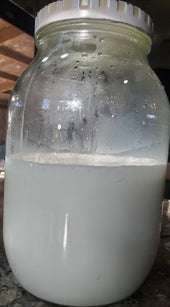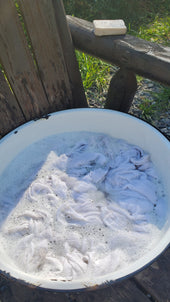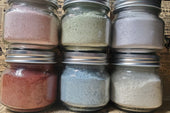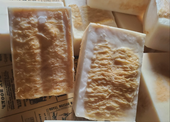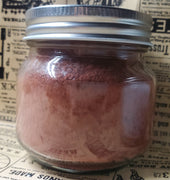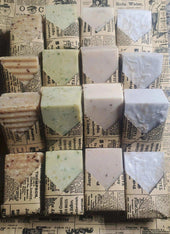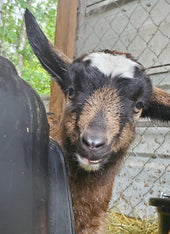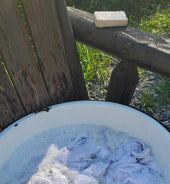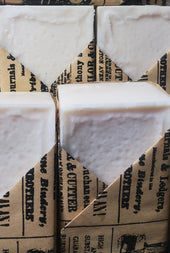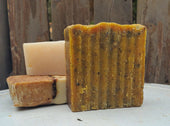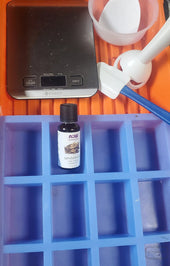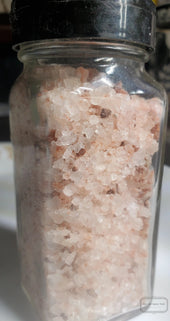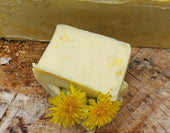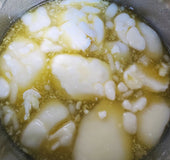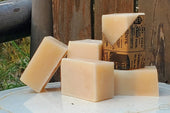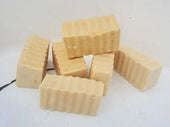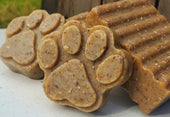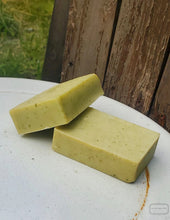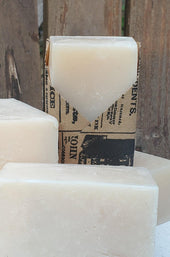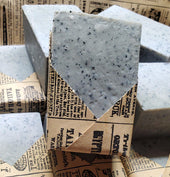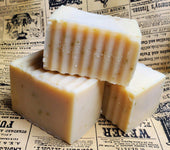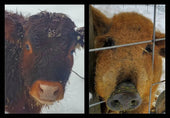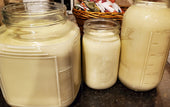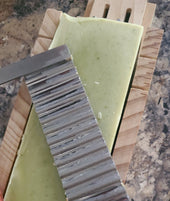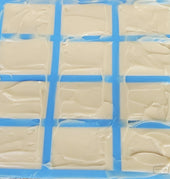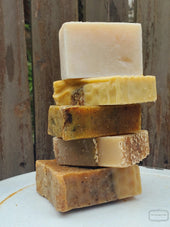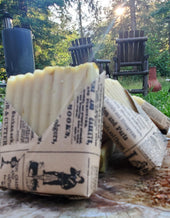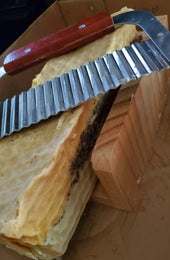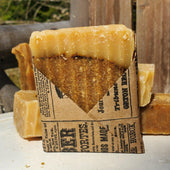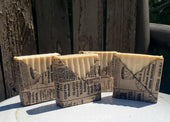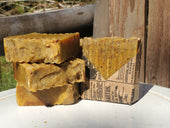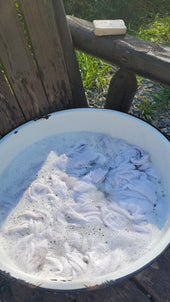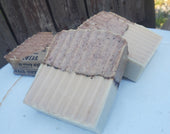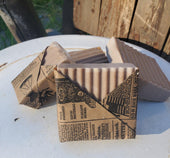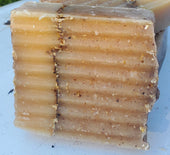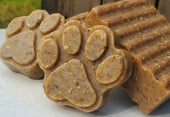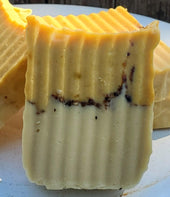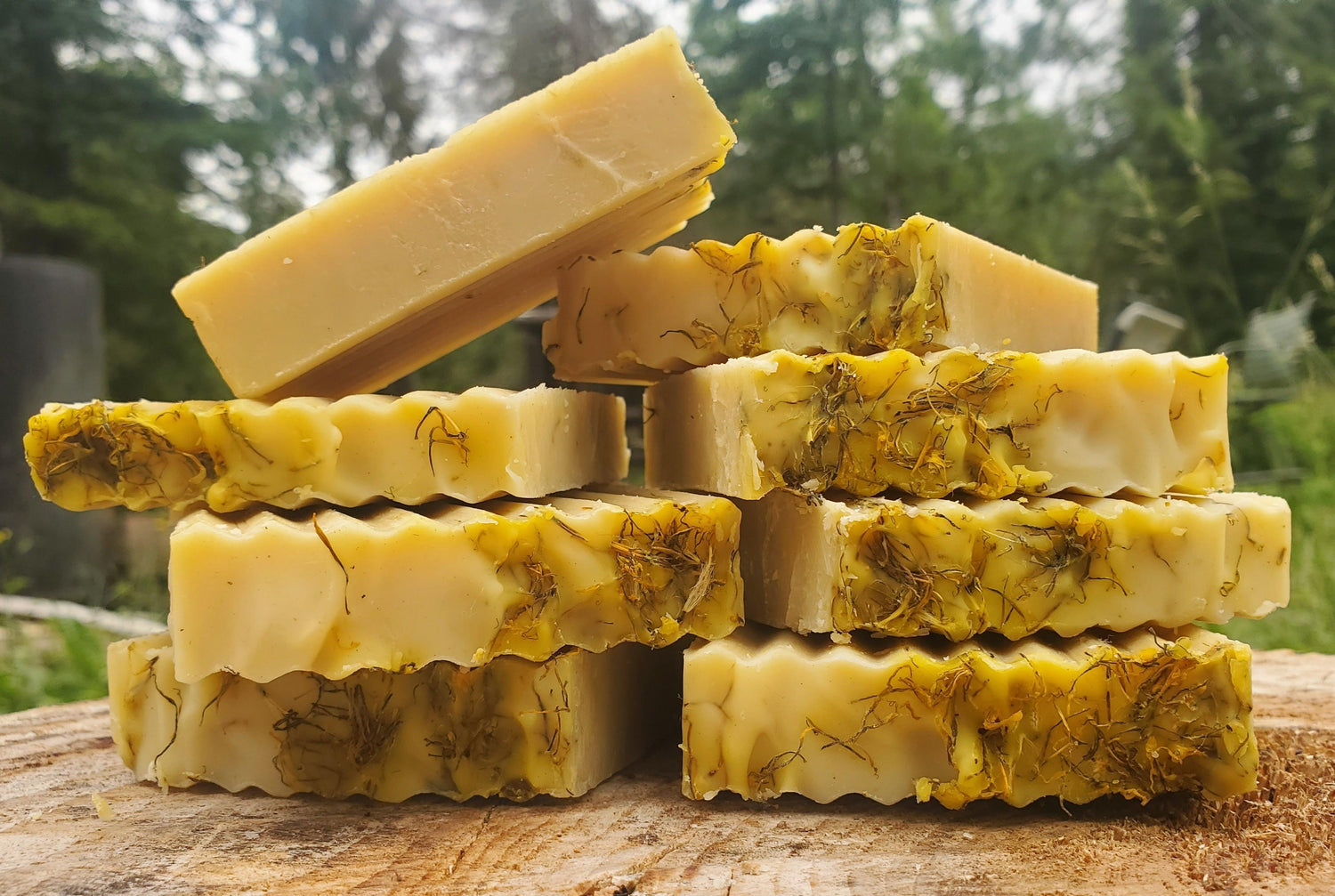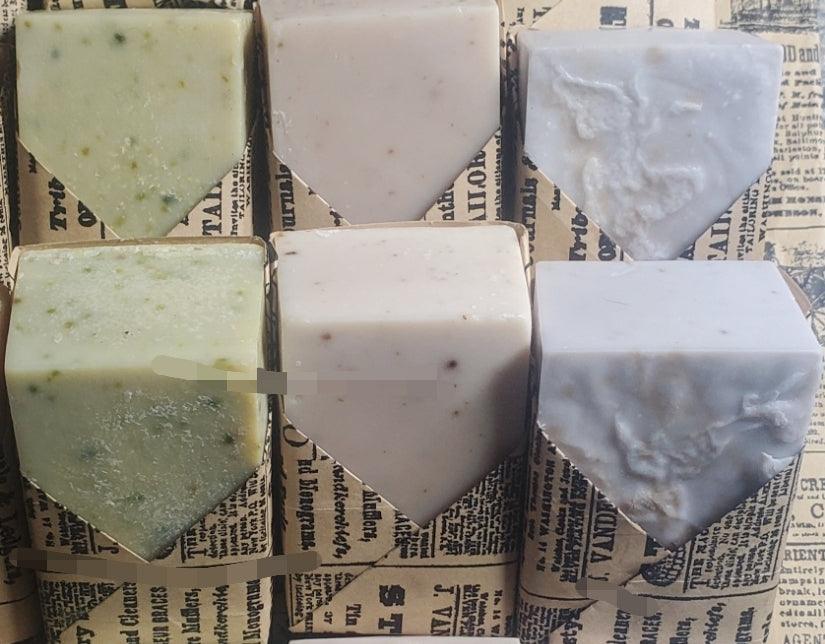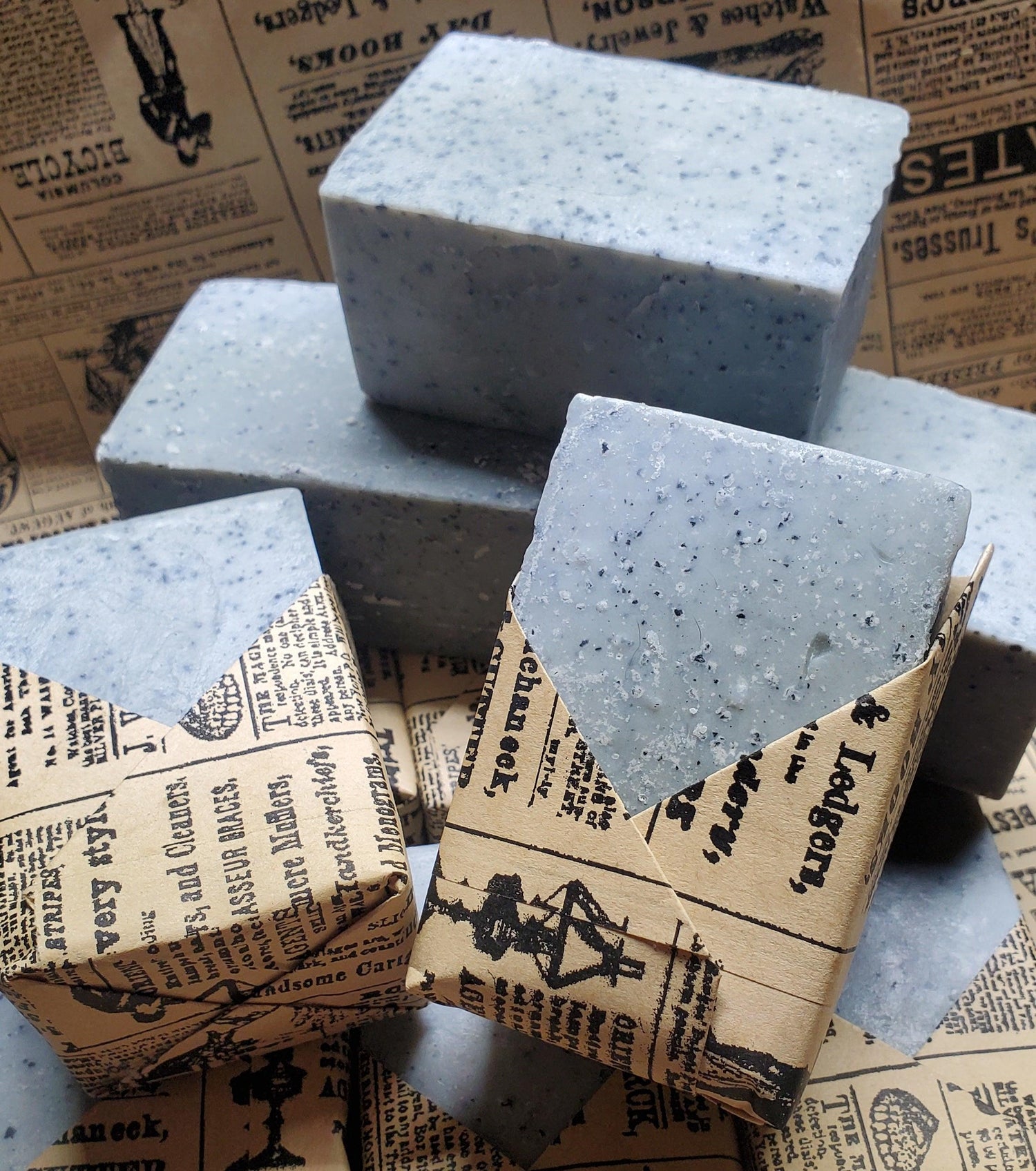
Beyond Botanicals: Natural Soap Making
A History of Plants in Soapmaking
Author: Lazy Dairy Maid
Long before modern chemistry, humans sought cleansing solutions using the natural world. Botanicals, with their diverse properties, have played a significant role in soapmaking throughout history.
Ancient Civilizations:
Early civilizations utilized plants rich in saponins, such as soapwort and yucca, to create sudsy cleansers.
Herbs like chamomile and calendula were incorporated for their potential soothing properties.
Traditional Medicine:
Many cultures integrated medicinal plants into their soapmaking practices.
For example, in Ayurveda, plants like neem and turmeric were used for their potential antimicrobial and skin-benefiting properties.
Modern Soapmaking:
Today, botanicals continue to inspire soapmakers, with a renewed interest in natural and plant-based ingredients.
A wide array of botanicals, from soothing lavender to exfoliating oatmeal, are incorporated into handcrafted soaps. Most botanicals, however may be rendered inert by the saponification process.
The use of botanicals in soapmaking reflects a long-standing human connection to the natural world and a desire for gentle and effective cleansing solutions.
Exploring Natural Soap Coloring Techniques
So, Let's talk color! Ditch the artificial dyes and embrace the beauty of nature with these natural soap coloring techniques.
1. Botanicals:
Flowers: Dried flowers like calendula, chamomile, and lavender not only add vibrant hues but also infuse your soap with their unique scents and therapeutic properties.
Herbs: Incorporate dried herbs like spinach, spirulina, and turmeric for a range of earthy greens, vibrant yellows, and even deep oranges.
Clay: Bentonite clay adds a subtle grey or brown tinge, while French Green Clay offers a beautiful olive green. Brazilian Purple Clay offers a light grey purple tone.
2. Fruits & Vegetables:
Beets: Create a deep, rich burgundy color.
Carrots: Achieve a warm, sunny yellow or orange.
Spinach: Infuse your soap with a vibrant green.
Turmeric: Add a touch of golden yellow or even a deeper orange depending on the concentration.
3. Other Natural Sources:
Coffee Grounds: Add a subtle brown or even a deep mocha color.
Cocoa Powder: Create a rich brown or even a deep chocolate color.
Activated Charcoal: Achieve a dramatic black or grey color. A more sustainable choice may be Coconut Shell Carbon.
Tips for Using Natural Colors:
Experimentation is Key: Start with small amounts and gradually increase the amount of colorant until you achieve your desired shade. Don't be afraid to experiment with different color combinations to create unique and stunning effects. Some colors may react differently with different oils. Keep in mind that natural colors can sometimes darken or change slightly over time.
Embrace the Journey:
Using natural colors in your soap is a rewarding experience. It allows you to connect with nature and experience unique, handcrafted products that are both beautiful and beneficial. So, enjoy those stunning, naturally colored soaps.
ScentSational Scents: Exploring Natural Fragrance Options
Tired of synthetic fragrances in your soaps? You're not alone! Many people are turning to nature for inspiration, seeking out natural and captivating scents for their cleansing ritual.
Beyond Essential Oils:
While essential oils are a popular choice for scenting soaps, there are many other natural fragrance options to explore:
Botanicals: Dried Flowers: Lavender, chamomile, and rose petals can add subtle floral notes.
Herbs: Rosemary, mint, and thyme offer invigorating and herbaceous aromas.
Spices: Cinnamon, clove, and ginger can create warm and spicy scents.
Vanilla Extract: Adds a touch of sweetness and warmth.
Citrus Extracts: Lemon, orange, and grapefruit provide bright and invigorating scents.
French Green Clay: Can impart a subtle earthy aroma.
Tips for Using Natural Fragrance:
Experimentation is Key: Begin with small quantities and gradually increase as needed. Some fragrances may react differently with different oils.
Embrace the Natural World:
By exploring the diverse world of natural colorants and fragrances, you can experience unique and captivating soaps that are both beautiful and beneficial.
Thanks for Reading! -- The Lazy Dairy Maid
Author: Lazy Dairy Maid -- Sharing a daily routine with the animals and nurturing the land has instilled a deep appreciation for natural ingredients and time-honored traditions, like bread baking, cheesemaking, and the art of cold process soap production.
Read More Here---> Meet the Maker: Lazy Dairy Maid
Skin Sensitivity: Always do a patch test on a small area of skin before using any new soap.
Side Note: This blog post focuses on the use of botanicals and its history. It does not delve into the specific properties of any soap itself, as those would fall under the purview of the FDA as cosmetics or drugs.
This blog post aims to inform it's readers about the use of botanicals, it's history, and the craftsmanship involved in creating this natural and luxurious product.


